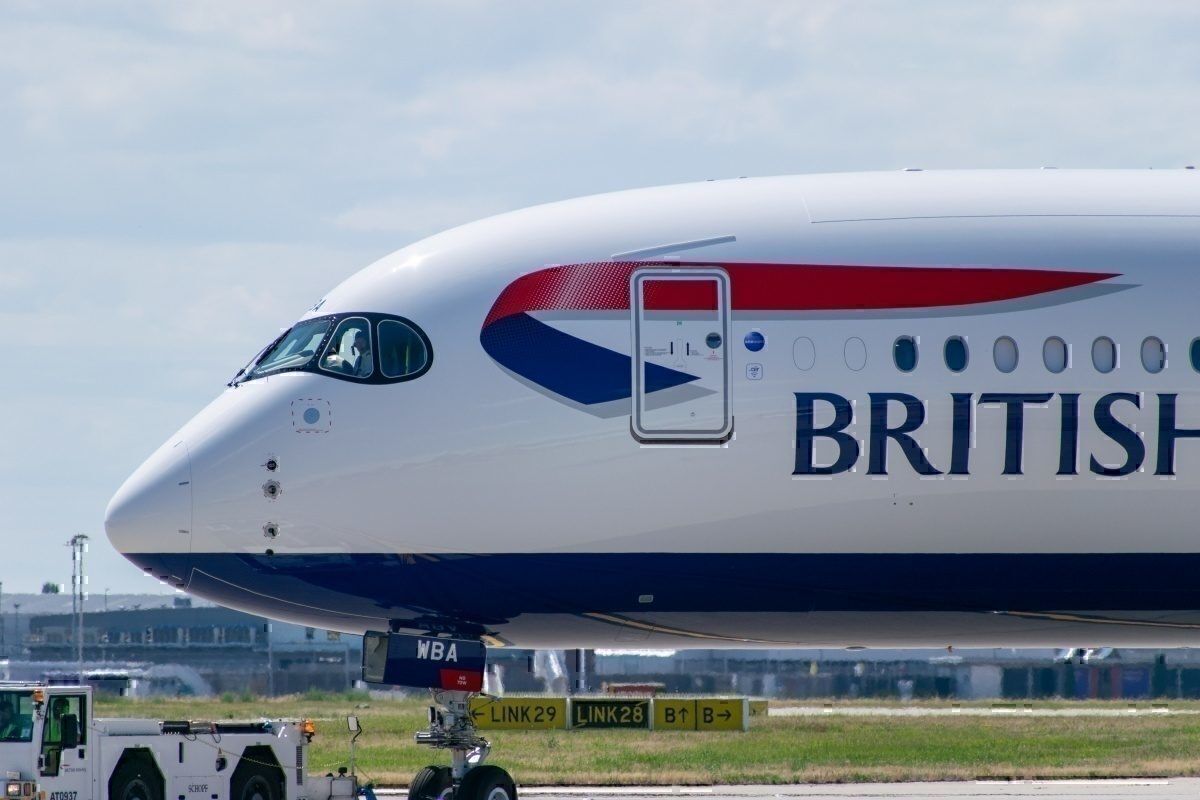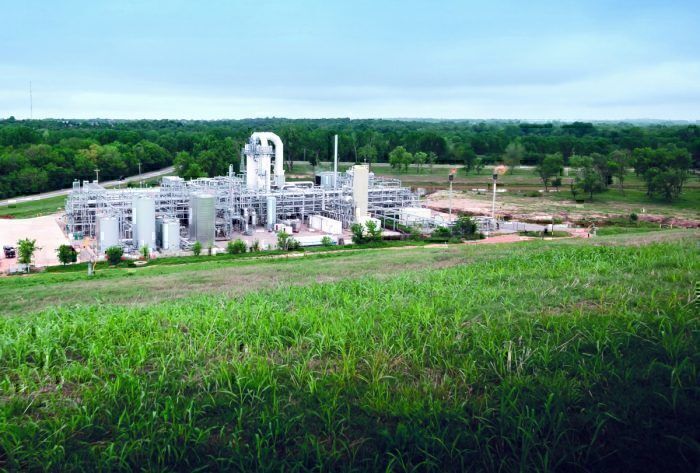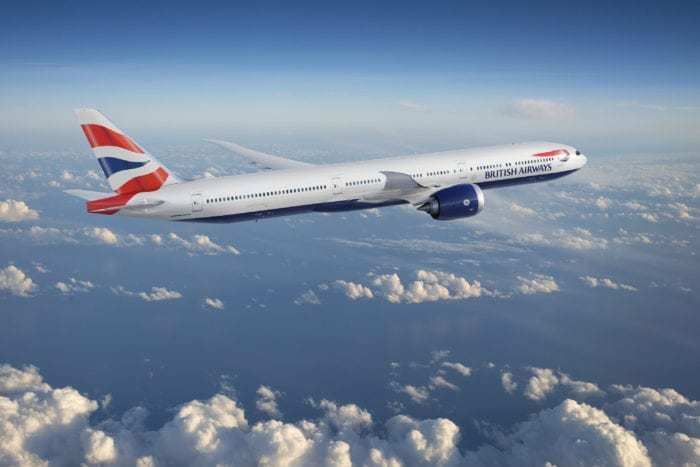In an effort to boost its green credentials, British Airways is looking to create jet fuel from household waste. The move follows a challenge to university students to develop a sustainable alternative fuel.
With the world ever more aware of the impact of CO2 emissions on the environment, many airlines are looking at ways to cut their emissions. Despite only accounting for 2% of global CO2 emissions, the aviation industry is taking its responsibility incredibly seriously. This is enforced by today's announcement by British Airways.
$400 million investment
The International Airlines Group is investing $400 million in "alternative sustainable fuel development over the next 20 years." The group is currently looking at building Europe’s first commercial waste to jet fuel plant in North East Lincolnshire.
The plant is being designed to take household waste, and convert it into aviation fuel. This has the potential to have a huge impact as British Airways says it could reduce net greenhouse gases by 70% compared to fossil fuels.
It appears as though the program would be a win-win for both British Airways and the planet. For starters, the waste being turned into sustainable fuel is being diverted from being sent to landfill or an incinerator. Additionally, the new fuel would help British Airways cut its emissions. Soot in aircraft exhausts would drop by around 90%, while sulfur oxides would drop by almost 100%.
40,000 cars off of the road
By reducing greenhouse gas emission by 70%, British Airways estimates that they could match the effect of taking 40,000 cars off of the road. If the concept was applied across the wider aviation sector, it would have the potential to significantly cut the industry's CO2 output.
However, it isn't the only avenue British Airways is exploring to cut CO2 emissions. The airline is currently in the process of a fleet evolution. As part of this, it is looking to retire its Boeing 747 fleet by the end of 2024. Meanwhile, the airline is receiving new, more fuel-efficient aircraft.
The airline recently received its first Airbus A350 and has 18 Boeing 777-9s on order, with options for 24 more. This complements the airline's existing order for each variant of the Boeing 787 family. Each is more efficient, using less jet fuel than previous generations of aircraft.
Could aviation become emission-free?
While it seems like a fairly bold claim to say that flying could one day be emissions-free, it is a point of view which airBaltic's CEO, Martin Gauss, belives. In July he exclusively told Simple Flying,
"Technology-wise we are not able yet to fly with engines which have zero emissions. But we are on the way. I'm very sure that in future generations will travel the world by air, without emissions. I'm pretty sure because technology-wise the aviation industry has always been leading."
Do you think making aviation fuel out of waste is a good idea? Let us know in the comments!



